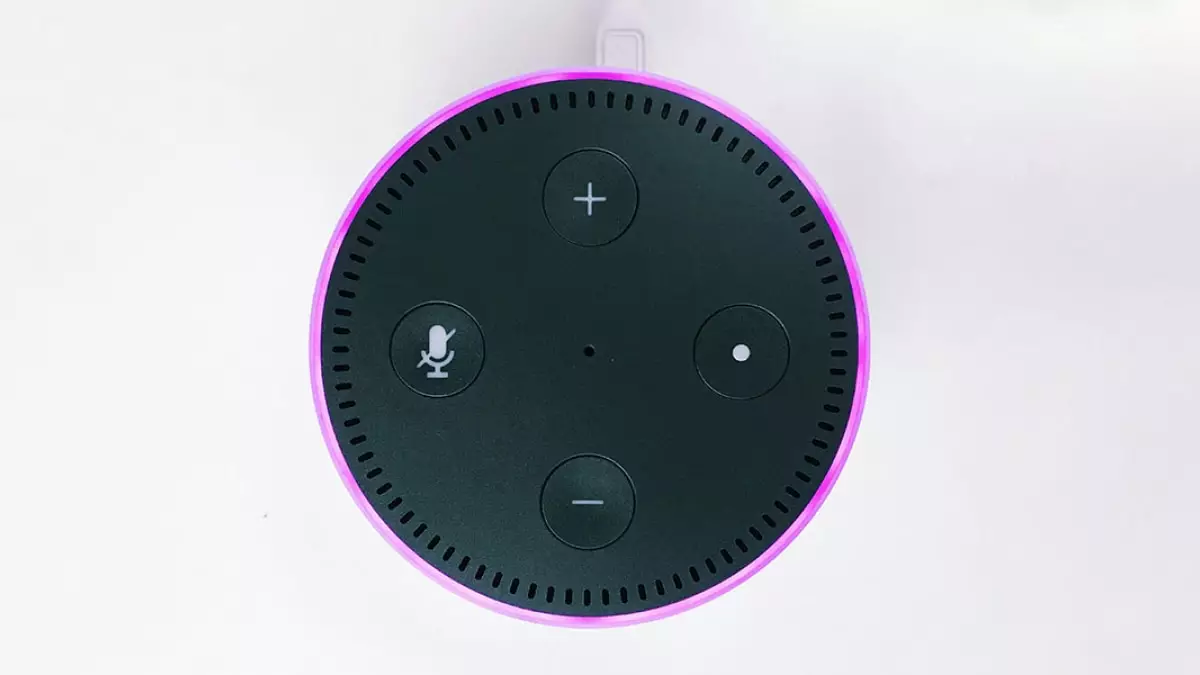In an era where technological advancements enable instant communication across continents, a paradox emerges: loneliness continues to plague many individuals, particularly older adults. This demographic faces unique challenges that not only affect their emotional well-being but also resonate through physical health concerns. Loneliness, stigmatized yet common, creates barriers that older adults find difficult to navigate, especially as traditional forms of social interaction become increasingly scarce. Researchers are now tuning into the potential role of digital voice assistants like Amazon’s Alexa in helping to mitigate this pervasive issue.
Recent findings by researchers, including Elena Castro from Universitat Oberta de Catalunya, indicate that these voice-activated technologies could serve as valuable companions for the elderly population. Castro’s research underscores the importance of addressing the feelings of isolation that many seniors experience. While these devices are designed to provide convenience and information, their ability to engage users in conversation can be particularly beneficial for those lacking social interaction. The possibility of voice assistants offering a semblance of companionship could change the dynamics of loneliness for many older adults.
Despite the optimism surrounding voice assistants, it is crucial to recognize their limitations. As Castro highlights, while these devices might engage in basic conversational exchanges, they fall short in providing adaptive and emotionally nuanced interactions that genuinely reflect human empathy. Users may find piecemeal responses insufficient when they seek deeper emotional connections. Therefore, while technology may serve as a stopgap solution, it cannot replace the multifaceted nature of human relationships—the comfort found in a familiar voice or shared experience.
Another critical aspect of the exploration into voice assistants pertains to privacy concerns. Deafening silence surrounds the potential risks involved when these devices continuously listen for commands. The fear of unintentional data collection casts a shadow over the advantages they might present. Castro’s emphasis on educating users about data privacy highlights the need for trust-building between technology and older adults. Understanding how personal data is used and safeguarded is vital for preventing breaches of confidence that could ultimately worsen feelings of isolation instead of alleviating them.
While voice assistants present an innovative approach to addressing loneliness, traditional methods still hold significant value. In-person social skills training and community engagement are conventional but effective ways to combat isolation, particularly when tailored to individual needs. For many seniors, however, such options may be inaccessible due to mobility issues or the reality of a shrinking social circle. Thus, digital solutions, including voice assistants, could complement the existing frameworks aimed at fostering social connections, particularly for those resistant to traditional engagement methods.
Looking ahead, the potential role of voice assistants in elder care cannot be overlooked. They could evolve into integral components of public health strategies aimed at nurturing connections among seniors. Beyond merely combating loneliness, future developments could allow these devices to assist with medication reminders and support daily activities, encouraging a sense of routine and engagement. In doing so, digital voice assistants could help to weave a new fabric of companionship and support for the elderly, reinforcing their dignity and independence while combating the shadow of loneliness that looms over their lives.


Leave a Reply